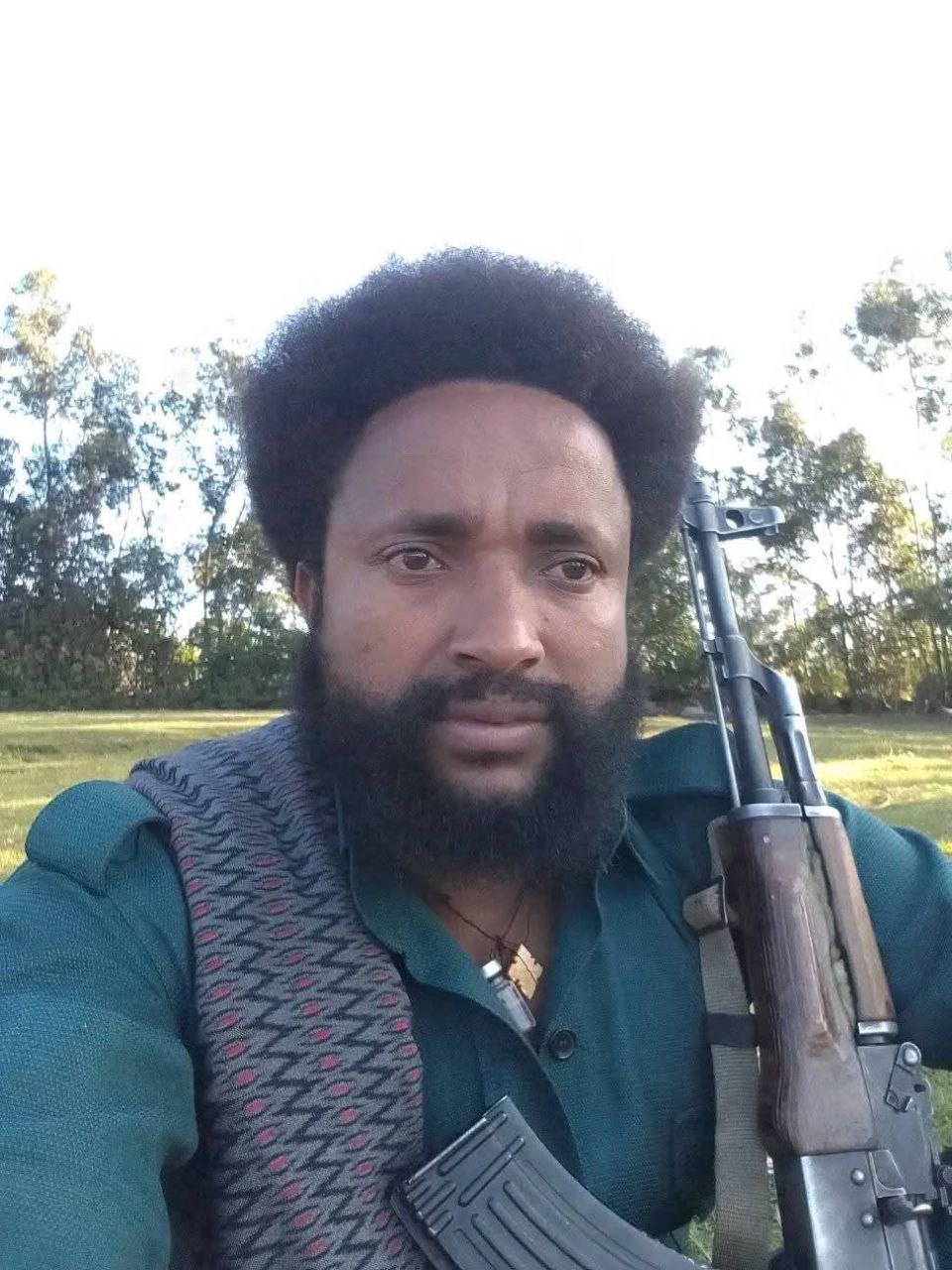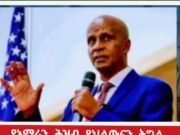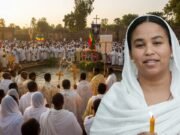Ethiopia’s Chief of Staff, Lieutenant General Adam Mohamed, has said that the army is ready to resist any attack on the Renaissance Dam on the River Nile, and carry out counterattacks against the aggressors.
The general’s statement came during a visit with a number of other senior officers to the site of the dam in the west of the country. Brigadier General Yilma Mordesa, the commander of the Ethiopian Air Force, added that it is ready to defend the dam and the surrounding area.
The government in Addis Ababa withdrew from negotiations about the Renaissance Dam with Egypt and Sudan — the two countries downstream of the dam — under US sponsorship, stressing its right to the Nile water and the development of such a natural resource.
Cairo has rejected Ethiopia’s position and views it as an unjustified escalation. Ethiopian newspapers attacked Cairo’s position on the dam last week, hinting at the Egyptian intention for an “open and blatant” war to destroy of the work already completed on the dam.
The weekly Capital pointed out that people in glass houses shouldn’t throw stones, and that Egypt might have a stronger army and external military support, but it also has the giant Aswan Dam, which is vulnerable to attack.
Egypt does not object to the filling of the reservoirs behind the Renaissance Dam, but is opposed to them being filled in one operation, as that would necessarily reduce its share of water downstream for several years.
That in turn will have a direct effect on the millions of Egyptians who depend on the Nile for drinking water and irrigation.
According to the official Ethiopian News Agency, the government has sent high-level delegations across Europe and Africa to explain its position on the Renaissance Dam negotiations.
Within Africa, the delegation is being led by President Sahle-Work Zewde, with her predecessor Mulatu Teshome heading the team in Europe.
Mulatu is expected to meet the leaders of France and other EU member states. Sahle-Work opened her tour with a visit to Kenya, where she met President Uhuru Kenyatta and briefed him on the latest developments in the negotiations with Sudan and Egypt.
Kenyatta stressed Africa’s need to use its natural resources in a sustainable way to meet the increasing needs of its population, with African solutions to African problems. The Kenyan President pointed out the importance of a fair and reasonable use of natural resources. In Khartoum, meanwhile, an Ethiopian delegation led by Deputy Chief of Staff General Berhanu Gula met with Sudanese Prime Minister Abdalla Hamdok and handed him a message from his Ethiopian counterpart. No further details were provided.
Ethiopian Foreign Minister Gedu Andargachew insisted that Ethiopia has a right to Nile water, which is a resource for his country, Egypt and Sudan, not just Egypt only.
He added that the government believes that the problem can be solved through negotiations, and the dam filling will proceed as planned. Egypt, he said, has avoided any understanding of the situation and involved external parties.
Andargachew clarified the fact that the Renaissance Dam would not withhold water from Egypt, but would be a reservoir guaranteeing everyone’s interest, which is why, in his view, Egypt should have contributed to the building costs.
The government in Addis Ababa, he concluded, does not see how anyone can benefit from a war, as it wants all three countries to have access to the River Nile in a fair and just way.



























